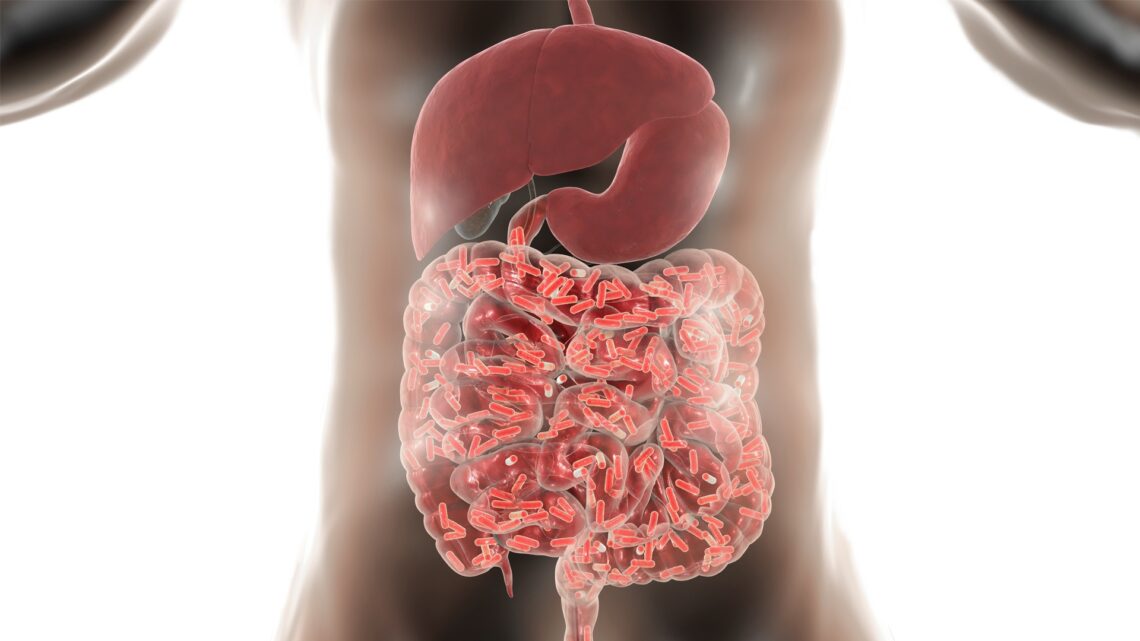
Microbiota: what are they, what are their functions and how to take care of them?
Digestive health expert at SHA Wellness Clinic
The many bacteria we have scattered throughout our body are usually good for our health. Those found in the intestinal tract don’t just help you to digest food, they also work throughout the body and bring benefits to our physical and mental health. That’s where the gut microbiota comes in, helping to “break down” those foods and translate the nutrients into benefits for our bodies.
The functions of the gut microbiota include, first and foremost, metabolic and digestive activity. Bacteria present in the human gut microbiota are able to digest cellulose and complex starches, proteins and fatty acids that are converted into short-chain fatty acids, which are more easily used by the body.
Some bacteria produce enzymes that aid digestion and also increase intestinal motility, thus improving intestinal transit. They are also capable of synthesising essential amino acids and vitamins such as vitamin K, vitamin B12 and biotin (vitamin B8), and also help in the absorption of certain ions such as magnesium and iron.
Protection against pathogens and trophic action
The second field of action of the gut microbiota is protection against pathogens, playing a key role in the so-called “barrier effect”. This is due to the fact that the bacteria of the normal microbiota occupy a space that prevents the implantation of bacteria foreign to the intestinal ecosystem and must also compete for nutrients and secrete antimicrobial substances in order to inhibit the development of other potentially pathogenic bacteria.
Thirdly, there is trophic action. On the cells of the intestinal epithelium, the short-chain fatty acids produced by the intestinal bacteria strengthen the enterocytes. This also strengthens the “intestinal barrier” and prevents excessive permeability of the epithelium.
There is also a trophic action on the immune tissue (mucosa-associated lymphoid tissue or MALT). The intestinal immune system is the most extensive part of the immune system and balanced microbiota is a decisive factor in the development and maturation of the immune system.
The aim is to maintain balanced and highly biodiverse microbiota. Each person has different microbiota and the microbiota are very sensitive to changes, both physical and emotional.
Food, stress management, sleep and other care
The microbiota feed on nutrients that we ingest through our diet. It is therefore very important to eat a balanced diet to ensure an adequate supply of these nutrients.
Some of the measures are:
- Increase consumption of prebiotic foods.
These promote the growth of these bacteria by providing them with different substrates. Their action takes place in the large intestine or colon, where the bacteria of the intestinal microbiota ferment them. Prebiotics include fructooligosaccharides (FOS) or fructans, maltodextrin, resistant starch, lactulose and galactooligosaccharides (GOS) from breast milk. These fibre components exert a beneficial effect on the microbiota that inhabit the gut.
Prebiotics are mostly found in plant foods and breast milk. The main sources are garlic, onions, artichokes, bananas and other fruits, honey, wheat, oats and other cereals, soya and other legumes, asparagus, chicory and leeks. Some sources of resistant starch can be found in pulses. They become more resistant when cooked and then cooled in the refrigerator.
- Increase consumption of probiotic foods.
Sauerkraut, kimchi, miso or kombucha, plant-based and fermented yoghurts in general are natural probiotics that enrich the microbiota.
- Stress management.
Mental stress is synonymous with microbiota stress and vice versa. Managing stress and our emotions is very important for our digestive health.
- Exercise.
Recently, several studies have shown that some of the lactate produced during exercise can positively affect certain intestinal micro-organisms.
- Adequate rest.
Several studies suggest that sleep is influenced by the state of the gut microbiota, as the two mechanisms are related and constantly interact. Poorer and less diverse microbiota significantly reduce the duration and quality of sleep and, in turn, poor sleep hygiene and disruption of circadian rhythms and sleep-wake cycles lead to gut dysbiosis.
- Promote breastfeeding.
It is very appropriate to administer probiotics to newborns through breastfeeding in order to achieve an adequate intestinal colonisation and to have a correct function of the brain-gut-microbiota axis.





